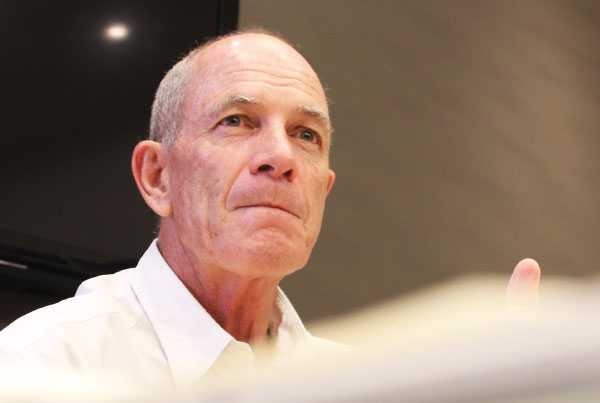PrimeTime in a ‘relatively flat year’
Intense competition in the property sector has been the bane in the efforts by leading property development and investment company, PrimeTime, to secure funding for its projects. In its 2015 annual report, Prime Time revealed that the terms on offer from the commercial banks are stiffing activity with some lenders raising interest rates on existing facilities when the opportunity has risen.
The report shows that in the last 12 months the property market has been experiencing weaker demand from tenants.
“The well documented liquidity constraints that hit the market in late 2014, coupled with the depressed economic conditions will have checked the pace of growth of our portfolio’s capital value,” reads the report. Prime Time Chairperson Petronella Matumo and Director Alexander Kelly said at surface value, this is a relatively flat year for Prime Time.
“However this masks some considerable progress in achieving our goals for the expansion and diversification of the company which will be reflected next year”. They emphasised the need to work harder in order to secure investment opportunities in Botswana. “Our view remains that there are still opportunities to be found in Botswana, but we will have to work harder to find them,” states the report.
Prime Time portfolio stood at P764 million by the end of August 2015, which is an increase of four percent. Prime Time is currently in the process of completing the sale of two properties in Francistown - Blue Jacket Square and Barclays Plaza - to Botswana Public Officers Pension Fund (BPOPF) at a cost of P71 million. However Kelly said while these properties have “proved to be cash cows,” their impact on growth is likely to be limited going forward. According to the 2014 International Property Databank (IPD) Report, the average mortgage interest rate by commercial and merchant banks fell to a record low of 8.99 percent from 10.87 percent in 2013.
The report indicates that there was also an increase in rental rates, demand for large industrial sites and distribution centres. The residential market had an outstanding year, mainly in terms of capital growth and delivered a total return of 24.4 percent, although the income return of 4.1 percent was relatively low.
Liquidity has considerably dried up in the banking sector, dropping sharply from 2006 when excess liquid assets made up 45 percent of bank assets to just six percent by the end of 2013.The loan to deposit ratio also increased to over 80 percent from 35 percent in six years due to the high uptake of loans without a corresponding increase in deposits.






